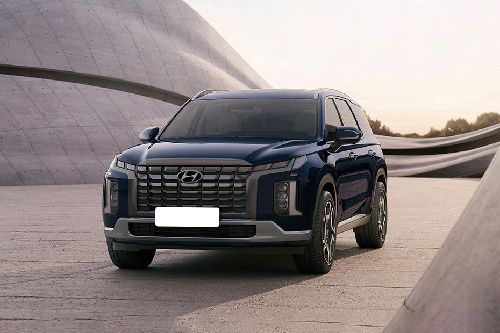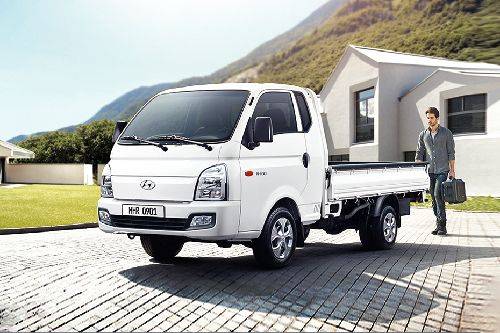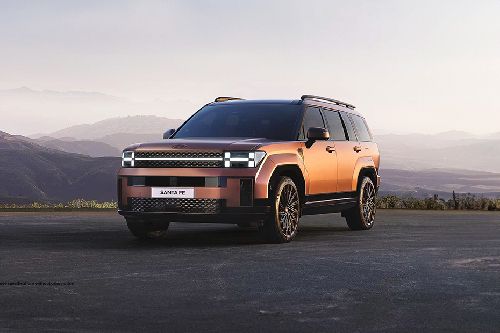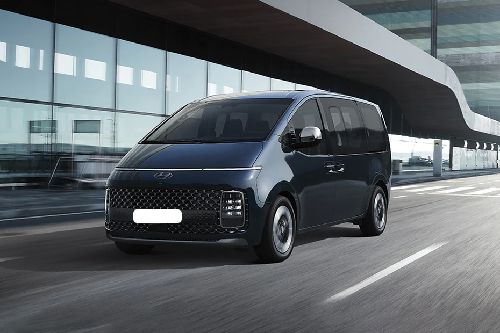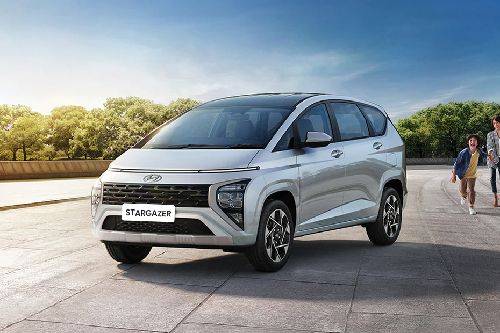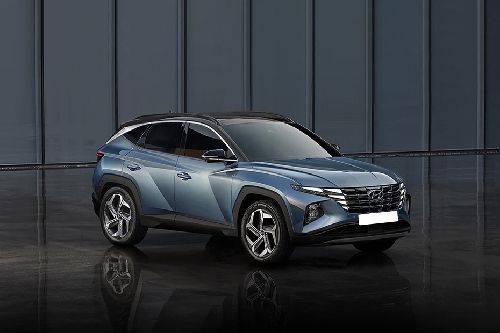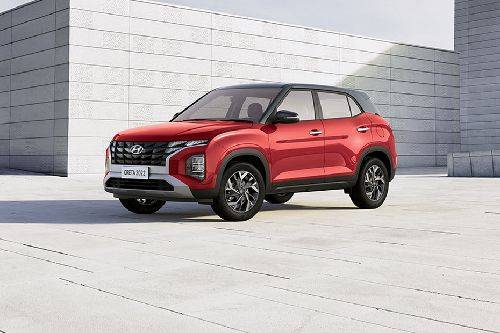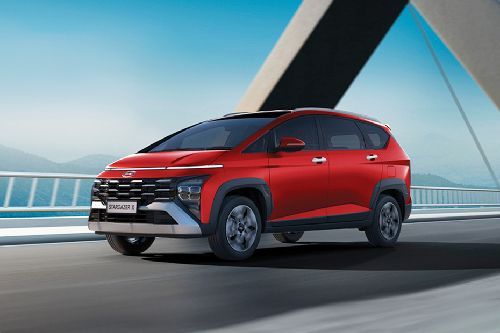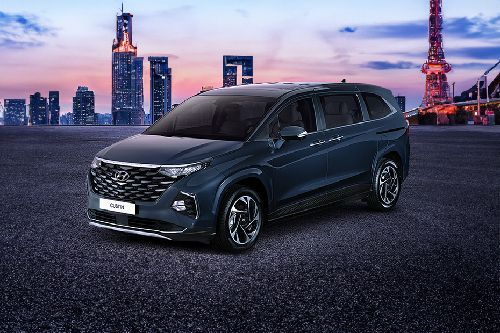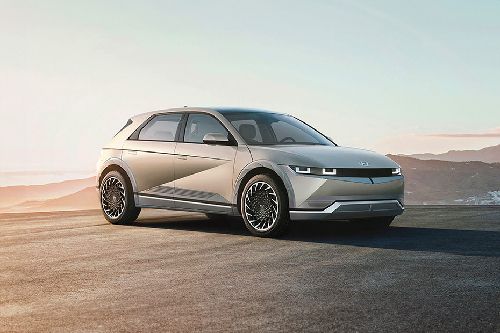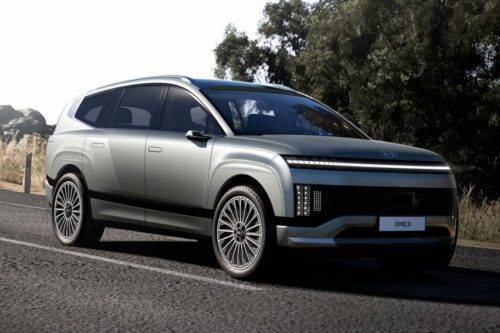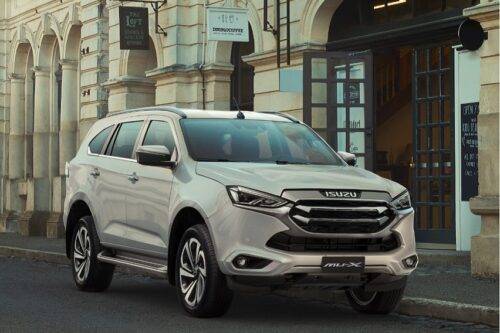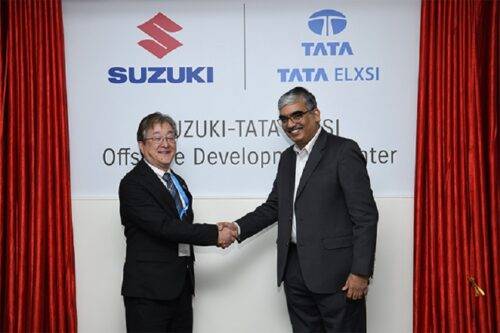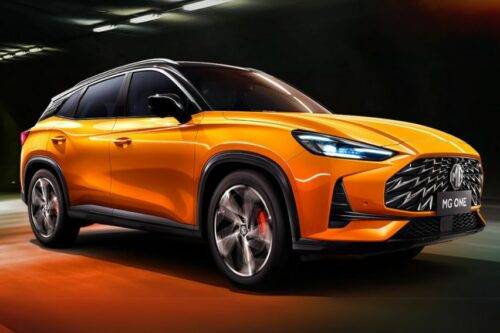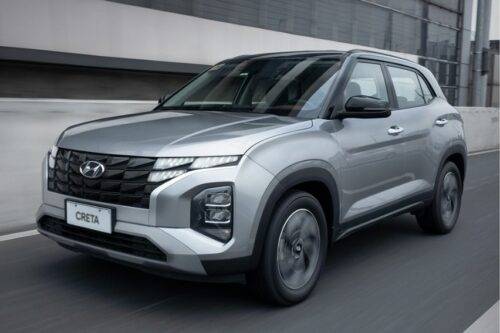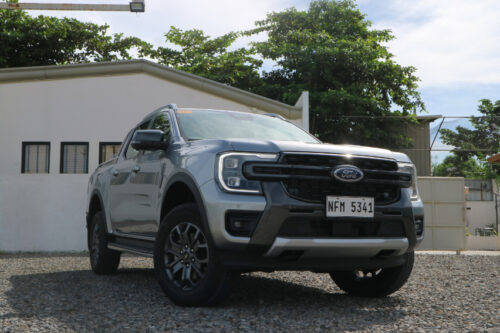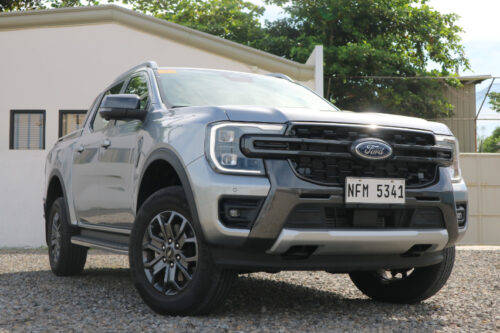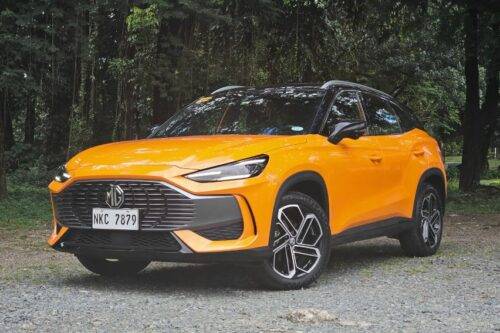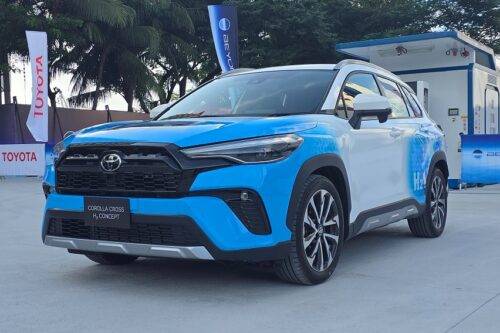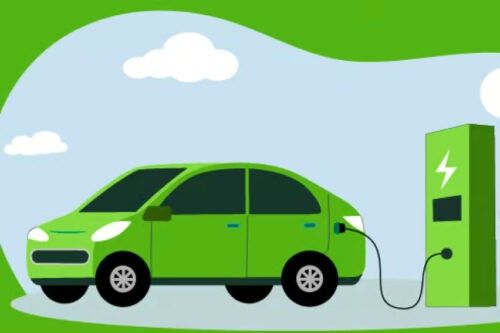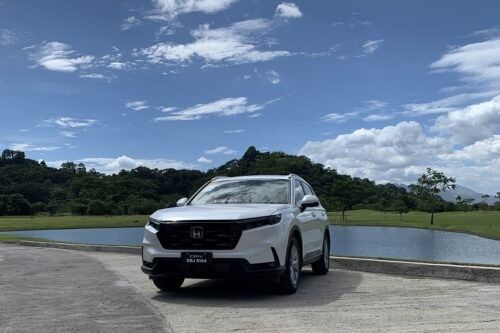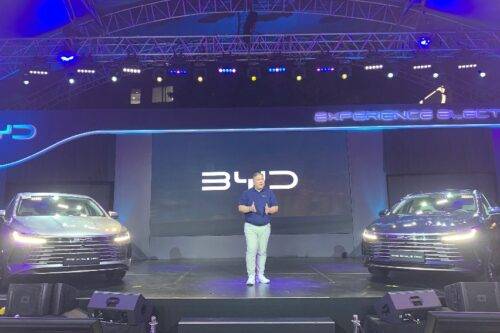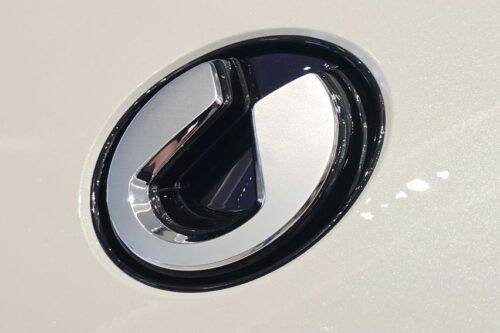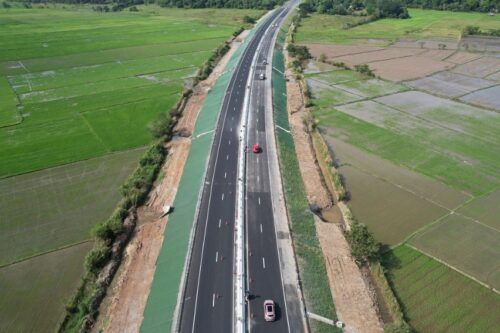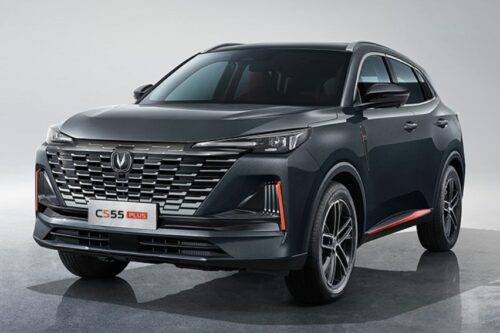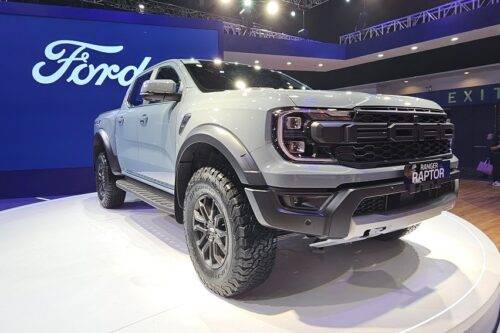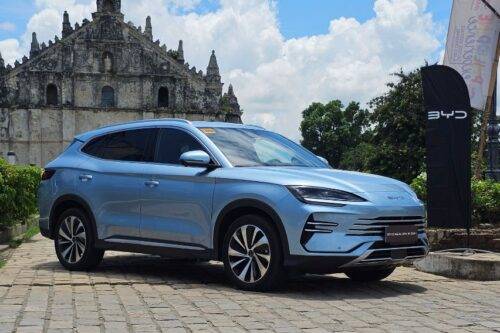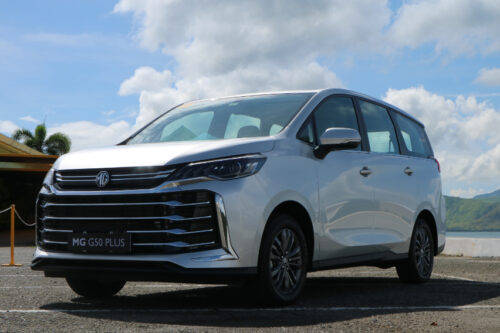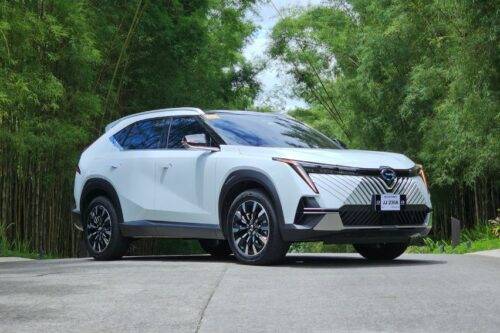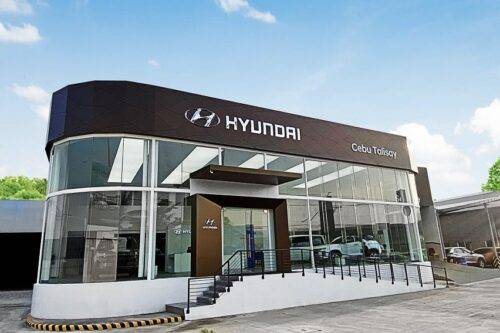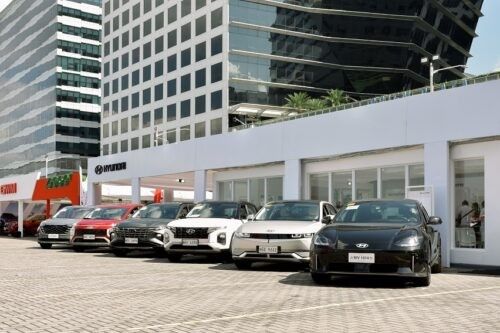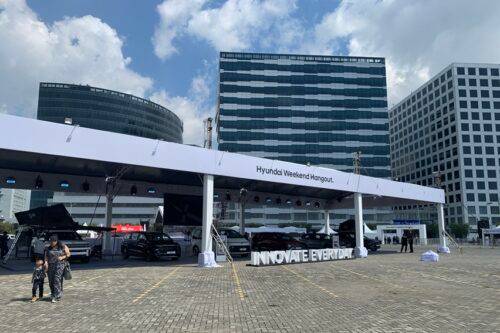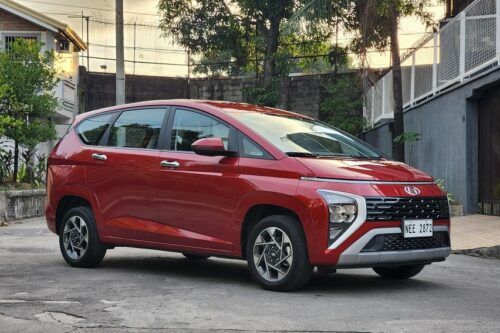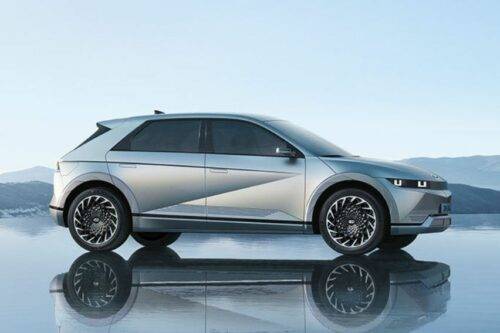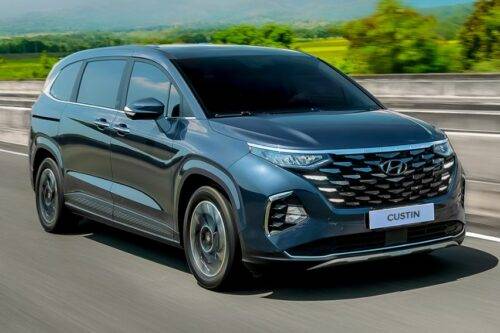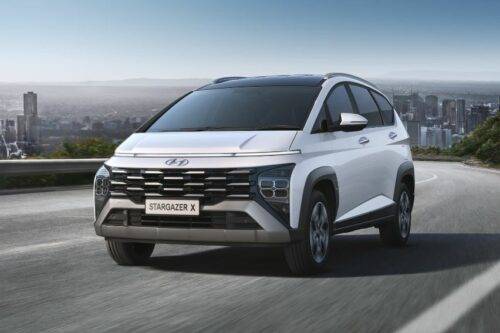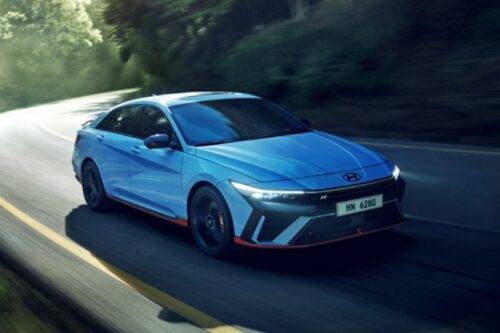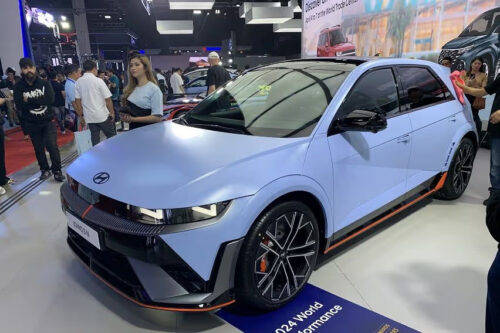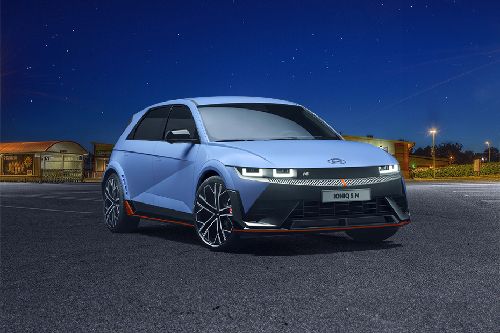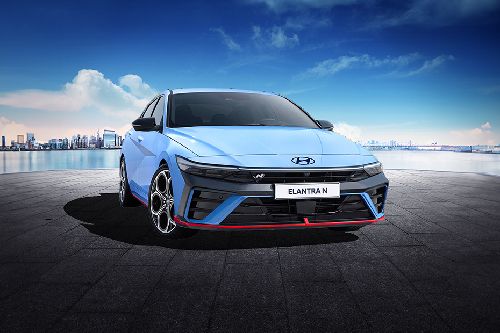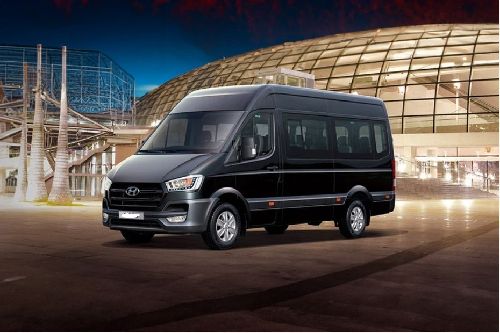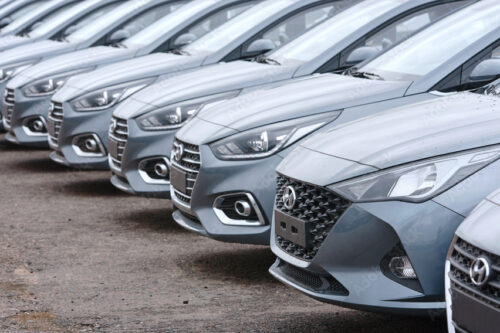Hyundai Motor revealed its ‘Strategy 2025’ roadmap
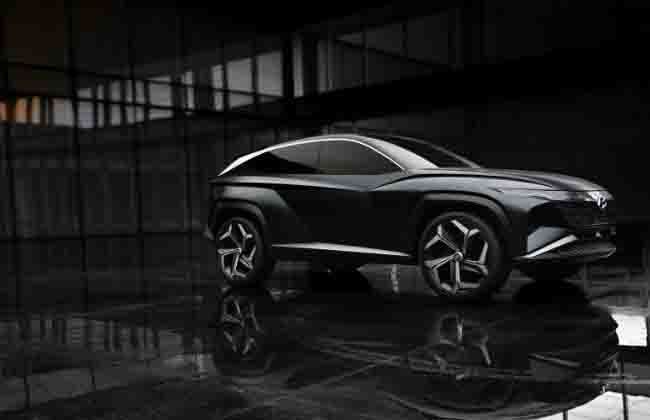
MANILA: Hyundai Motor Company announced last December 4 its new sustainability strategy that aims to position the company as a frontrunner in the smart mobility industry, where most of the auto industry is projected to be heading into.
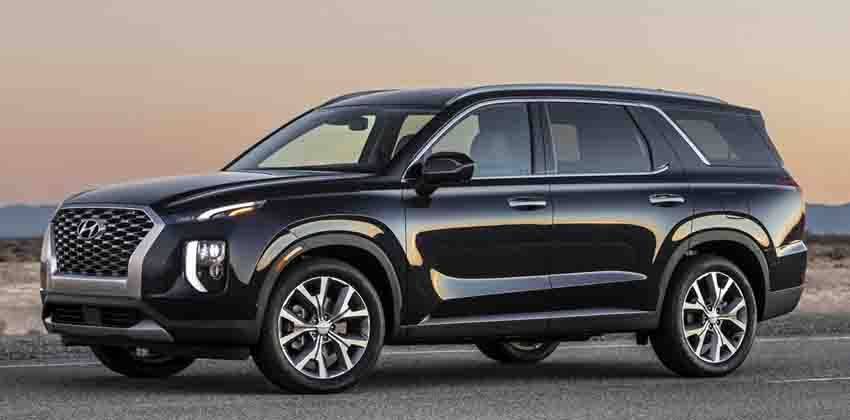
Hyundai President and CEO Wonhee Lee during the “CEO Investor Day” forum held in Seoul and attended by various stakeholders presented the company’s mid to long term strategy plan stating, “the key to our future strategy is to focus on customers and to present the most desirable products and services.
We want to offer smart mobility experiences that meet shifting needs of our customers by leveraging advanced technology.” He further adds that, “transforming into a Smart Mobility Solution Provider with comprehensive mobility solutions that combine devices and services will be the centerpiece of Hyundai’s future strategy.”
The Strategy 2025’ is a two-prong approach composed of Smart Mobility Device and Smart Mobility Service working synergistically together to bring about high profitability, steady growth, and a strong foundation as the company moves towards integrated mobility platform.
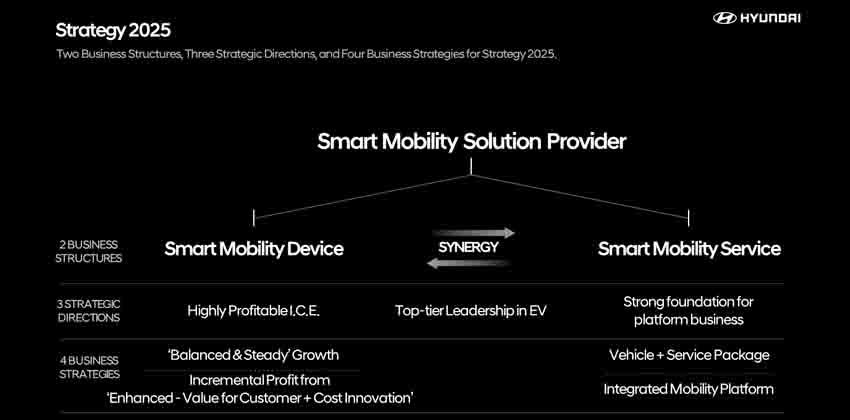
First on the strategy is the electrification of its vehicle portfolio, particularly those that target the younger demographics and enterprise customers through affordable battery electric vehicles (BEVs). Hyundai also aims to launch its first fully electric models of the Genesis by 2021 before expanding its EV lineup in 2024 to include SUVs and other EVs.
The goal is to electrify most new models by 2030 in Hyundai’s key markets namely Korea, the US, China, and Europe. While the emerging markets like India and Brazil will follow suit by 2035.
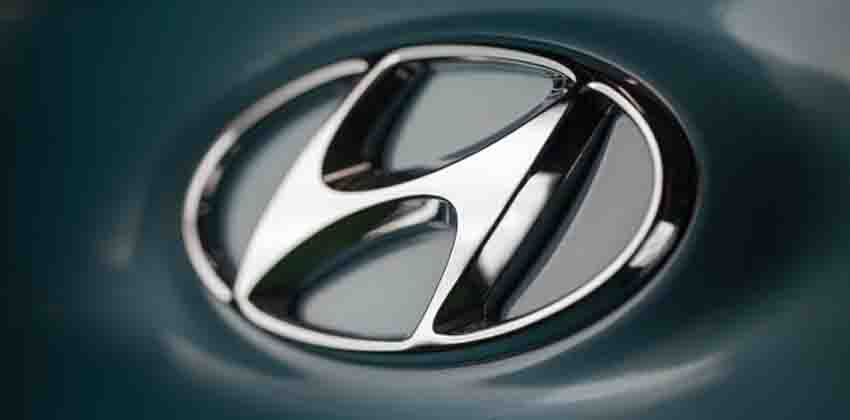
Another agenda of Hyundai’s strategic plan is the smart mobility service where device and service go hand in hand and where customers get a whole gamut of services specifically tailored to their needs. Also included is how Hyundai plans to penetrate the car-sharing and robotaxi service by partnering with leading local players.
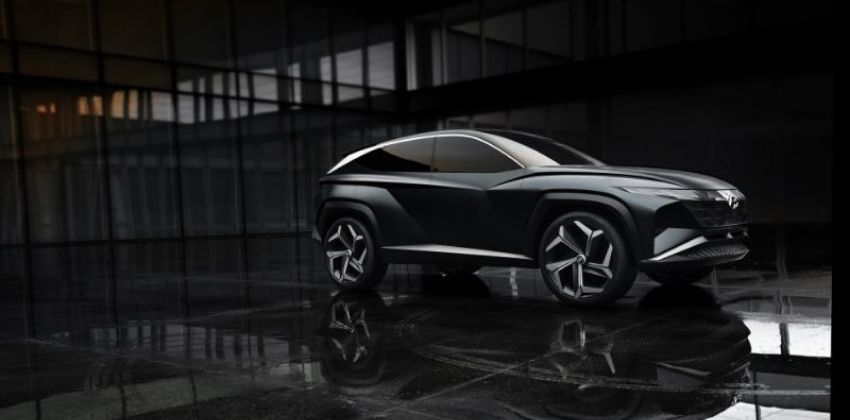
Hyundai has committed KRW 61.1 trillion ($52 billion) to its sustainability strategy for it be among the 3 biggest producers of electronic vehicles (EVs). A greater portion of the investment would be dedicated to the electrification of its vehicle portfolio that includes both battery and fuel-cell vehicles while some will go towards research and development (R&D) of future technologies which will include autonomous vehicles. Other mobility programs that Hyundai had set its eyes on are the “personal air vehicles” which is just their preferred name for flying cars.
But while the company aims to increase spending on new product development, it will also trim down costs on other areas of operations for balance. Particularly, the company is looking at enhancing the efficiency and scalability of product development that will optimize production based on demand.
Sell your car at the best price
 Verified and genuine buyers
Verified and genuine buyers
Hyundai Car Models
PIMS 2024
- Latest
- Popular
You might also be interested in
- News
- Featured Stories
- Latest
- Popular
Latest Hyundai Car Videos on Zigwheels

Hyundai Car Articles From Carmudi
- journal
- insurance

